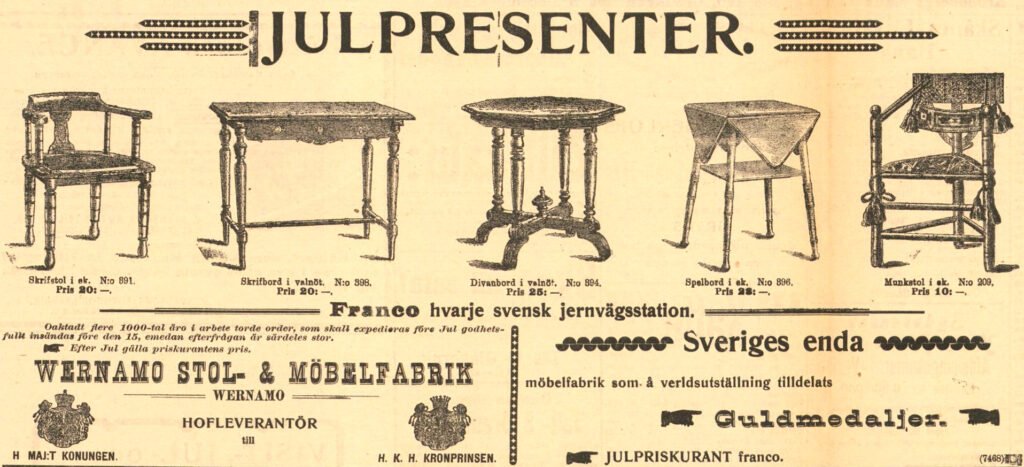How IKEA came to Belie Veblen’s Nordic Idea
ABSTRACT
Thorstein Veblen, the most important social scientist of the modern era, owes his greatness to having been the first modern, unconfessed, explorer of the spiritual world, whose uncharted domains he mapped with a view to laying the foundations of economic analysis. He seemed to imply that the path to justice, beauty and the common good for mankind could only be traversed by a breed free from the taint of barbarous animism, superstitious trepidation, and unreasoning fear. The good and the beautifulcould be expected to come only of a stock of men and women that understood social life in terms of peace, the arts and sciences, and the betterment of their lot by way of technological discovery. The fortune of the group would thus hinge on the tabulated forecasts of a council of engineers, whose task is a proper handlingof the machine industry. A world without salesmanship, finance, business, invidious comparison, dynastic rule, Catholic rococo and Judeo-Christian tyrannyis the Nordic Utopia of Scandinavian deliverance envisaged by Veblen to remedy the failures of Southern Europeananthropomorphic worship and Anglo-American Mammonism. Yet, IKEA, the late success-story from Sweden, has made good the Veblenian promises of aesthetic purity and thrift not through the dictates of engineers-kings, but within the verycorporate arrangementthatVeblen had analyzed, and vehemently condemnedthroughout his life.
This is the extended version of the essay entitled “The Captain”

